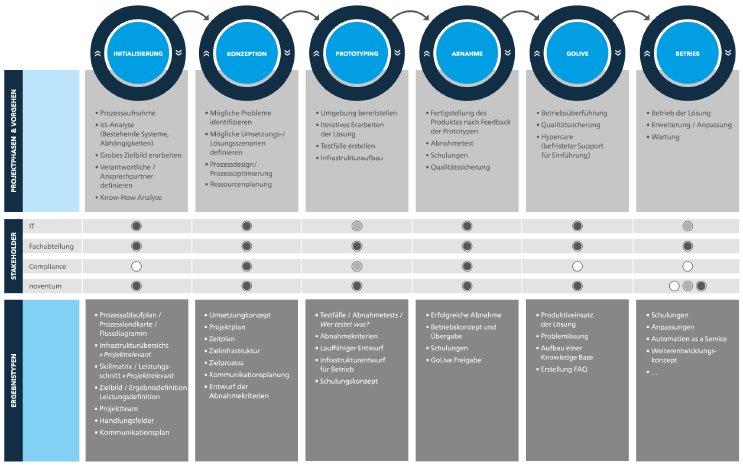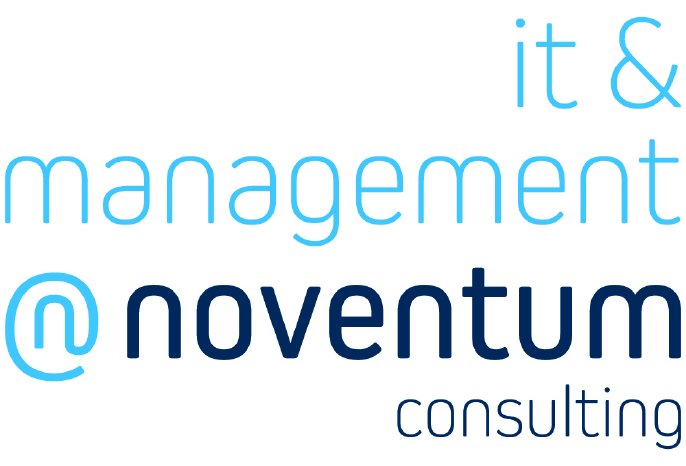RPA brings movement into processes and saves more than time and money
Robotic Process Automation (RPA) has long since entered the modern business world. It changes processes and brings benefits that go beyond time and cost savings. Here are some of the key benefits:
Knowledge transfer: The seamless transfer of knowledge from skilled workers, many of whom have worked in companies for decades and are retiring, is the challenge for German companies in the coming years. According to the Federal Statistical Office, the German economy will have to cope with a gap of over 5 million workers as early as 2030 . Through the upstream RPA process model phase of process recording and optimisation, process efficiency is once again increased through automation and currently provides the most promising solution to counter the shortage of skilled workers in the long term. This means that the knowledge of how to perform various tasks does not depend on individuals, but is anchored in the RPA software itself.
Increased efficiency: RPA automates repetitive, rule-based tasks that are normally performed manually by employees. This allows processes to be completed faster and more efficiently, as RPA robots can complete tasks around the clock without fatigue.
Cost savings: By automating tasks that are normally performed by humans, companies can reduce costs, as a software robot can, for example, work five times as long at any given time. Employees can also be relieved of time-consuming tasks and focus on more demanding activities that add more value to the company.
Error reduction: Human errors can occur in manual processes. RPA robots perform tasks with high precision, minimising sources of human error. This leads to improved data quality and a lower probability of errors or delays in processes.
Scalability: RPA enables companies to scale processes quickly and flexibly. When additional workloads arise, RPA robots can be easily added to absorb the peak loads. This allows companies to adapt to changing requirements and ensure growth within hours.
Time saving: By automating tasks, companies can save time and shorten process turnaround times. This can help improve customer service, enable faster response times and gain competitive advantage.
Compliance and accuracy: RPA can help improve compliance with policies, regulations and standards. RPA robots perform tasks according to predefined rules and standards, resulting in higher accuracy and consistency in process execution.
Improved employee satisfaction: By automating monotonous and repetitive tasks, employees can focus on more challenging and creative tasks. This increases employee satisfaction as they can make better use of their skills and focus on creative and value-adding activities.
Integration with existing systems: RPA can be seamlessly integrated into existing IT infrastructures and systems without extensive system integration or expensive software changes through, for example, individual developments to the existing applications. This enables a quick implementation and a manageable effort that does not become a problem even with future updates of the software used
Read the complete article on nc360°, the news platfom of noventum consulting GmbH
- The noventum process model: the six phases of process automation
- Tasks of the customer
- RPA with noventum




